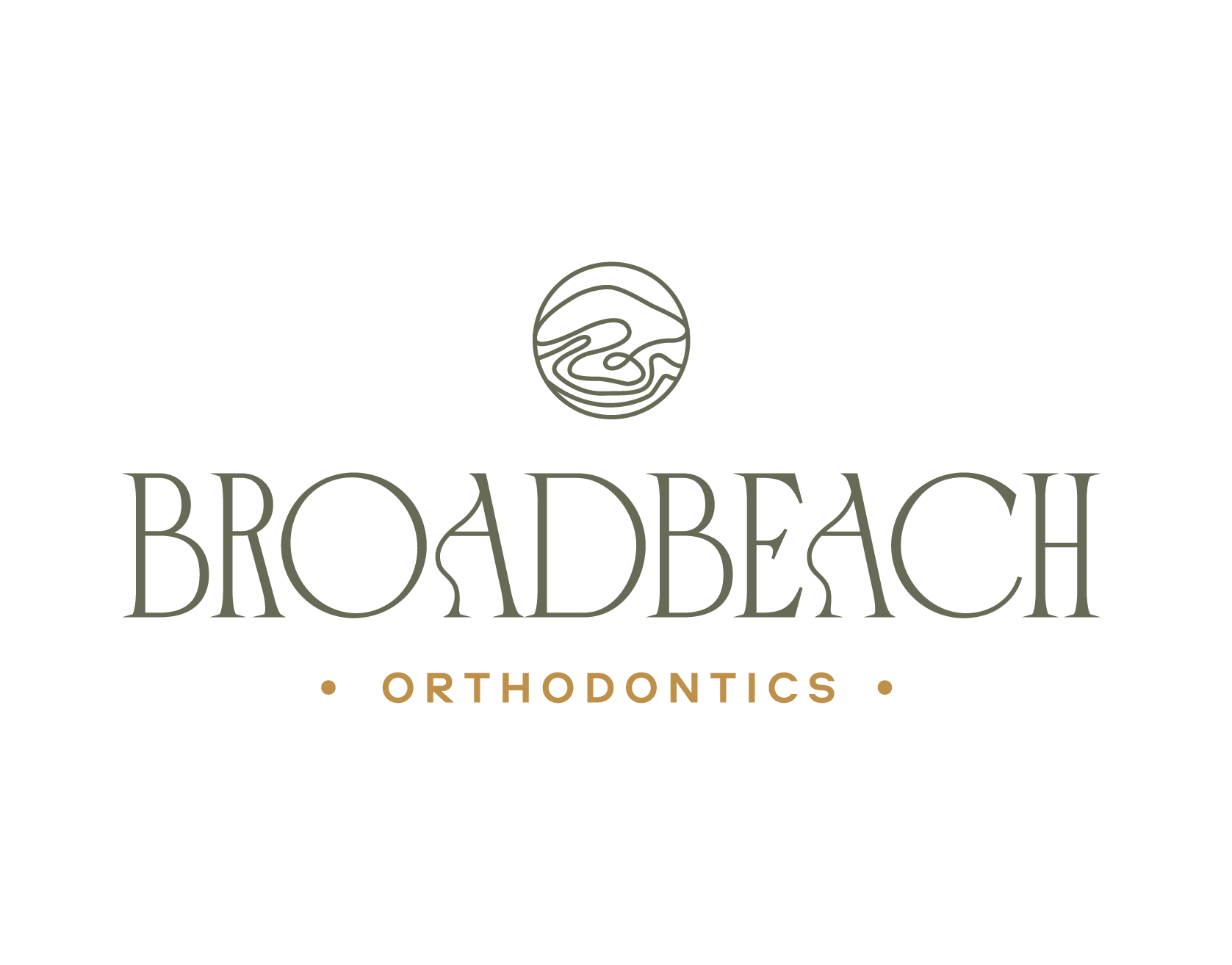Navigating the world of dental and orthodontic care can be a bit overwhelming, especially when it comes to understanding the referral process. One common question that arises is whether you need a referral to see an orthodontist in Australia. Let’s delve into this topic to clear up any confusion and provide a comprehensive guide to accessing orthodontic care.
Understanding Orthodontic Care
Orthodontists are dental specialists who focus on diagnosing, preventing, and treating dental and facial irregularities. They are experts in aligning teeth, correcting bites, and ensuring optimal oral function and aesthetics. Common treatments include braces, clear aligners (like Invisalign), and other orthodontic appliances.
The Referral Process: Do You Need One?
In Australia, you do not need a referral from a general dentist to see an orthodontist. Unlike some other medical specialists who require a referral for consultation, orthodontic care is more accessible in this regard. Here’s a breakdown of the process:
- Self-Referral: Patients can directly contact an orthodontic clinic to schedule a consultation. This straightforward approach allows individuals to seek specialist care without any intermediary steps.
- Dentist Referral: While not necessary, a referral from a general dentist can be beneficial. Your regular dentist might recommend an orthodontic evaluation during a routine check-up if they notice issues such as misaligned teeth, bite problems, or other orthodontic concerns. A referral can also help ensure that your orthodontist is well-informed about your dental history and any ongoing dental treatments.
Benefits of a Dentist Referral
Although not required, obtaining a referral from your dentist can have several advantages:
- Comprehensive Dental History: Your dentist can provide your orthodontist with detailed records of your dental health, including X-rays and past treatments. This information can help the orthodontist develop a more tailored and effective treatment plan.
- Coordinated Care: A referral fosters better communication and collaboration between your general dentist and orthodontist. This team-based approach ensures that all aspects of your oral health are considered during orthodontic treatment.
- Peace of Mind: For some patients, having a referral from their trusted dentist can provide reassurance and confidence in the specialist they are being directed to.
Directly Visiting an Orthodontist
If you choose to self-refer, the process is simple and straightforward. Here’s what you can expect:
- Initial Consultation: During your first visit, the orthodontist will conduct a thorough examination of your teeth, jaws, and facial structure. This may involve taking photographs, requesting X-rays, and a 3D scan to assess your orthodontic needs.
- Treatment Plan: Based on the examination, the orthodontist will develop a personalised treatment plan. They will discuss the available options, such as traditional braces, clear aligners, or other appliances, and outline the expected duration and cost of treatment.
- Follow-Up Appointments: Once your treatment plan is in place, regular follow-up appointments will be scheduled to monitor progress and make necessary adjustments.
Choosing the Right Orthodontist
Whether you are referred by a dentist or decide to self-refer, selecting the right orthodontist is crucial for successful treatment. Here are some tips to consider:
- Qualifications and Experience: Ensure the orthodontist is a registered specialist with the Australian Health Practitioner Regulation Agency (AHPRA) and has significant experience in treating cases similar to yours.
- Technology and Techniques: Look for a practice that uses modern technology and techniques, which can enhance the efficiency and comfort of your treatment.
- Patient Reviews and Testimonials: Reading reviews and testimonials from other patients can provide insights into the orthodontist’s expertise and the quality of care provided.
- Comfort and Communication: Choose an orthodontist who makes you feel comfortable and takes the time to answer your questions and address your concerns.
Conclusion
In Australia, you do not need a referral to see an orthodontist, making it easy to access specialist care directly. Whether you opt for a self-referral or obtain a referral from your dentist, the key is to find a qualified and experienced orthodontist who can guide you towards achieving a healthy, beautiful smile. Remember, proactive steps towards orthodontic care can lead to long-term benefits for your oral health and overall well-being.





